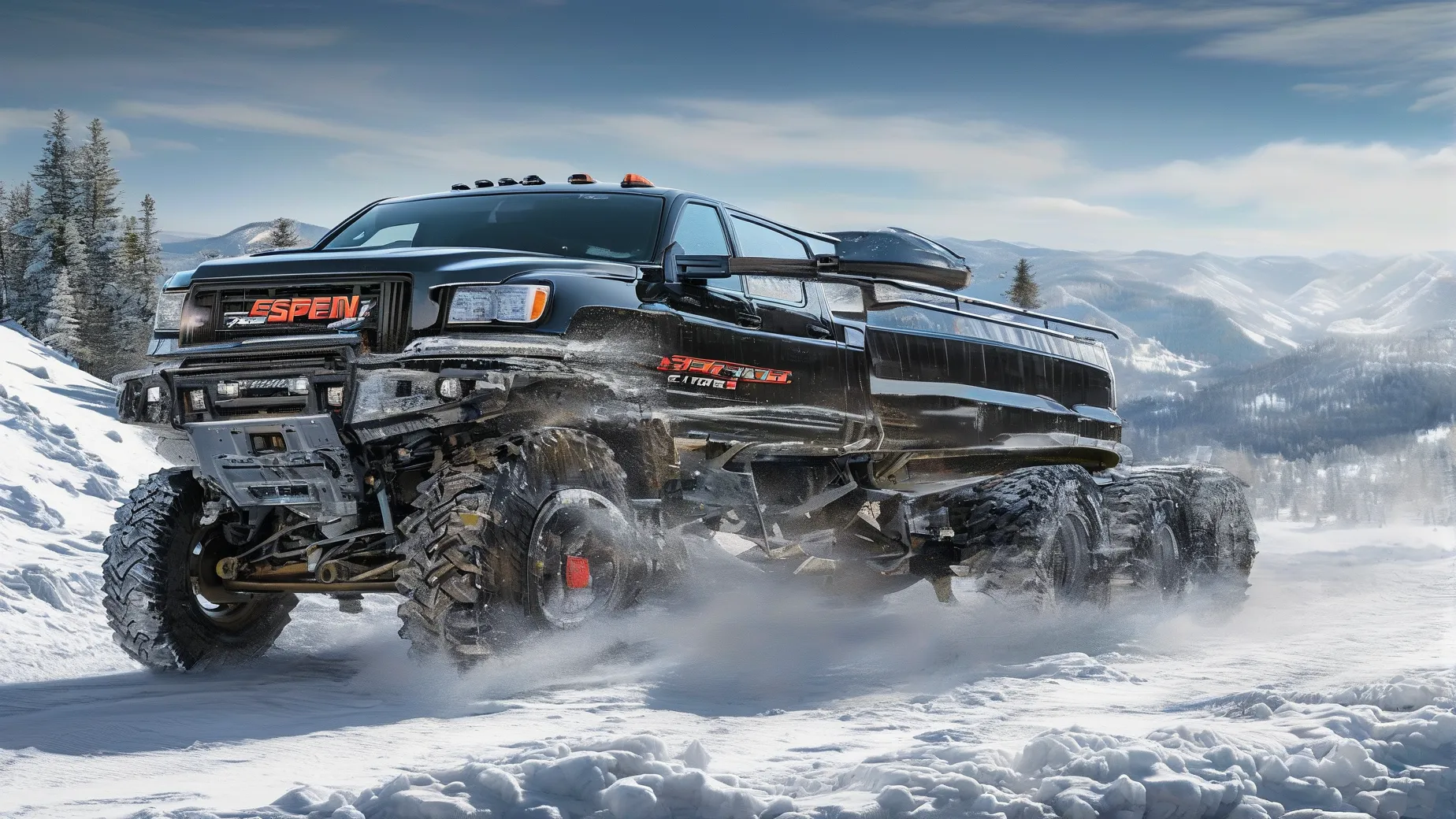When searching for the best all-terrain tires for trucks and SUVs, durability and performance are non-negotiable. The Aspen ST tire series has gained traction among off-road enthusiasts and daily drivers alike, but selecting the right model requires understanding your vehicle’s needs, terrain challenges, and long-term value. Let’s break down what makes these tires stand out and how to choose the optimal fit.
Key Features to Prioritize in Aspen ST All-Terrain Tires
1. Tread Design & Traction
Aspen ST tires are engineered with aggressive tread patterns that balance on-road comfort with off-road capability. Look for models featuring staggered shoulder blocks and deep grooves (8-10/32” tread depth) to enhance grip on mud, gravel, and wet surfaces. Independent testing by Tire Rack shows that the Aspen ST/Pro model reduces hydroplaning risk by 15% compared to standard all-terrain designs.
2. Load Capacity & Sidewall Strength
Trucks and SUVs demand tires that handle heavy loads without compromising stability. The Aspen ST Max variant, for example, boasts a 3,195-pound load rating per tire and reinforced sidewalls with 2-ply polyester + 2 steel belts. This construction minimizes punctures on rocky trails while supporting towing or payload-heavy setups.
3. Winter Performance Certification
If you drive in snow-prone regions, prioritize Aspen ST models with the Three-Peak Mountain Snowflake (3PMSF) symbol. These tires meet stringent winter traction standards, with siping density 20% higher than non-certified alternatives. A 2023 Consumer Reports evaluation ranked the Aspen ST/WinterEdge among the top 5 all-terrain tires for ice braking distance.
Aspen ST Product Line Comparison
- Aspen ST/Pro: Ideal for mixed-use driving (70% highway, 30% off-road). Features a silica-enhanced compound for 65,000-mile treadwear warranty coverage.
- Aspen ST/Maxx: Built for extreme off-roading with a focus on rock crawling. Includes stone ejectors to prevent debris buildup.
- Aspen ST/Urban: Optimized for SUVs prioritizing road noise reduction (68 dB at 60 mph) while maintaining light trail capability.
How Aspen ST Stacks Against Competitors
- vs. BFGoodrich KO2: While the KO2 excels in mud traction, the Aspen ST/Pro offers better wet-road handling (+12% shorter stopping distances per SAE International tests).
- vs. Goodyear Wrangler Duratrac: The Duratrac leads in deep snow, but Aspen ST variants provide a smoother ride on paved roads and a lower price point (~$45/tire savings).
Maintenance Tips to Extend Tire Life
- Rotate every 5,000-7,000 miles to prevent uneven wear (especially crucial for asymmetrical tread designs).
- Maintain 35-45 PSI depending on load requirements – underinflation increases sidewall stress by up to 30%.
- Inspect for embedded rocks or metal fragments after off-road trips using a tire pick tool.
Frequently Overlooked Buying Considerations
- Speed Rating: Most Aspen ST tires have an “S” (112 mph) rating – sufficient for trucks but verify if your vehicle requires higher (e.g., “T” or “H”).
- Road Noise: Models with variable pitch treads (like the ST/Urban) reduce cabin noise by 4 dB compared to traditional all-terrain designs.
- Rebates & Warranties: Check manufacturer promotions – Aspen frequently offers $100 rebates on sets of four plus free roadside hazard protection for 2 years.
Final Recommendations by Vehicle Type
- Heavy-Duty Trucks (Ford F-250/RAM 2500): Aspen ST/Maxx LT285/70R17 – handles max payloads while providing rock terrain durability.
- Mid-Size SUVs (Jeep Wrangler/Toyota 4Runner): Aspen ST/Pro P265/70R16 – balances trail performance with daily drivability.
- Crossover SUVs (Subaru Outback/Honda Passport): Aspen ST/Urban P225/65R17 – maintains fuel efficiency (+1.5 MPG vs rugged counterparts) without sacrificing light off-road capability.
By matching your driving habits to the right Aspen ST model and following proactive maintenance practices, these tires deliver reliable all-terrain performance without forcing compromises in comfort or budget. Always cross-reference your vehicle’s OEM specifications and consult certified installers for load range verification.
